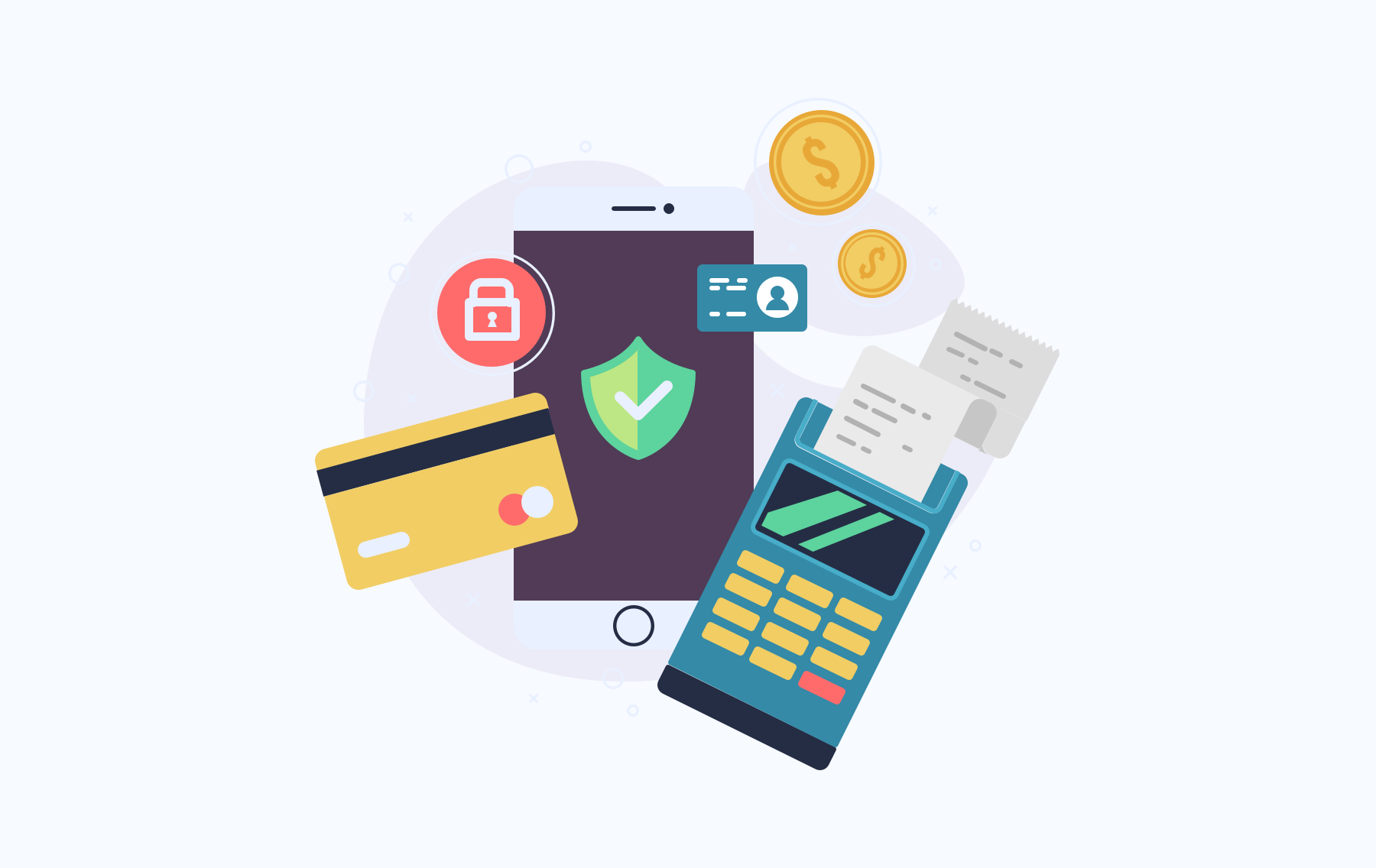The use of digital payments has risen rapidly as a result of the development of internet commerce. Simultaneously, mobile payment apps have grown in popularity, and banks have begun to respond to the digital payment revolution. They’ve made it as simple as strolling into a physical branch to transfer money using a smartphone. Virtual cards work behind the scenes as a digital payment method, allowing you to make secure payments while protecting your personal information.
What is Virtual Payment?
A virtual payment is a type of electronic or digital transaction that involves the use of a fictitious credit card. Virtual payments are only processed when they have been approved, and only for the amount that has been authorized.
How Do Virtual Payments Work?
Using a virtual card to make a payment is a simple process. Because much of it happens behind the scenes, most employees won’t require extensive training or preparation to utilize this tool—an important factor for businesses considering this payment option.
Step one involves contacting the travel manager or booking the trip using an internet site. This instructs the payment processor to generate a virtual credit card and send its details to the point of sale. The virtual card is subsequently presented to the supplier as payment.
When the supplier completes the transaction, the payment card sends an email receipt to both the traveler and the travel manager. The virtual credit card debits the company’s bank account or line of credit after the charge is completed, then deletes itself.
Although the card is no longer valid, its transactional data is kept in a database for reporting and reconciliation purposes. This facilitates the collection of financial data and the analysis of expenditure patterns. This is one of the most obvious advantages of virtual payment cards.
Why you should use Virtual Cards?
Consumers are increasingly using virtual credit and debit cards, and businesses are now starting to catch up. They’re used to make purchases over the internet and to avoid fraud.
The numbers are meaningless to thieves because they are essentially throwaway numbers. You can reduce the risk of online fraud when you utilize virtual numbers to make purchases online or over the phone. Your staff will also be unable to use the numbers to make purchases that have not been authorized by you.
What about Security?
Jeton only allows one smartphone to be linked to any account at a time, and accessing the app requires a password or fingerprint ID. All outgoing transactions must be validated with a PIN, and you’ll receive real-time notifications once a transaction is completed, so you’ll always know what’s going on.
Jeton also gives you control over your security by allowing you to turn on or off personalized security settings in the app, such as requesting permission to conduct cash withdrawals and online payments.



